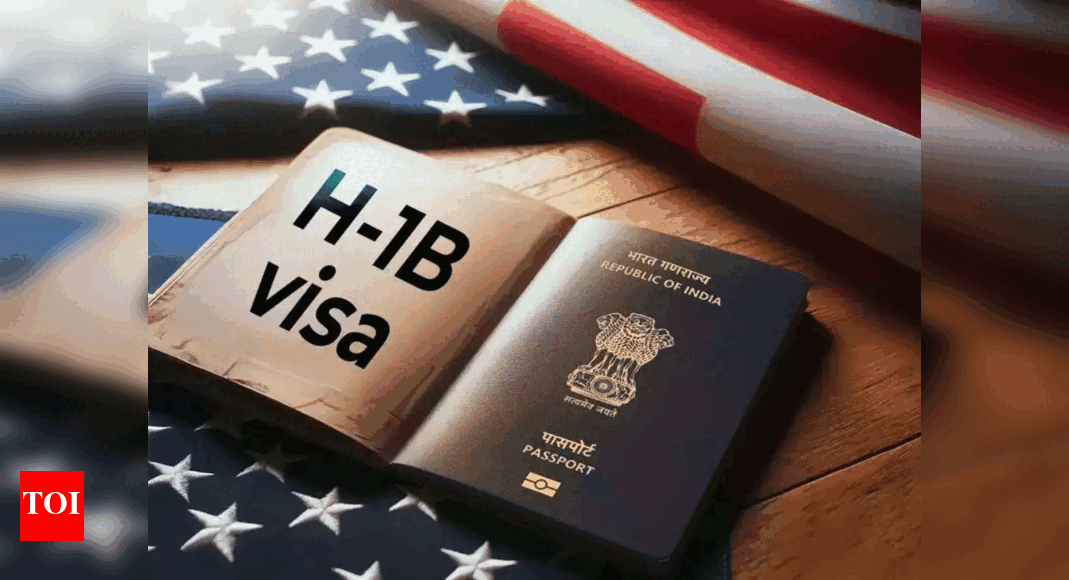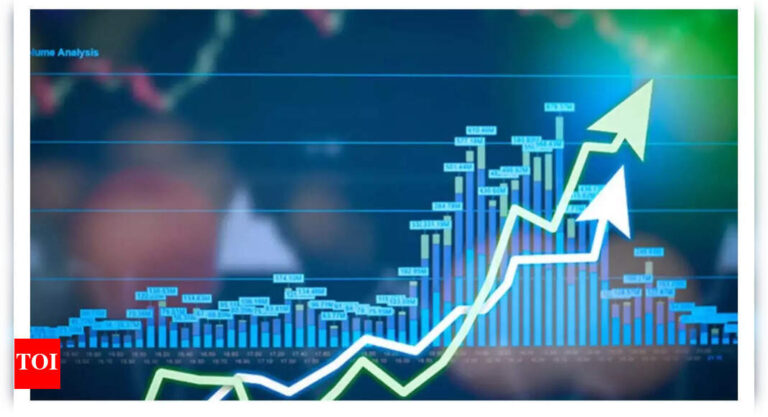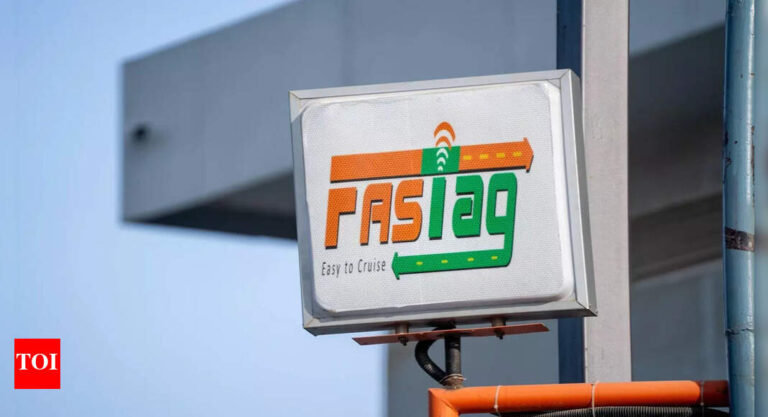
Business groups have raised concerns over US President Donald Trump’s decision to impose a $100,000 fee on H-1B visa applications, warning that the move could hurt the US economy. They also called on the administration to avoid changing the skilled worker program that would add even more burden to companies.In a letter to Donald Trump on Friday, nearly a dozen trade associations representing chipmakers, software firms, and retailers warned that the hefty fee could disrupt a crucial flow of foreign talent and leave essential positions vacant.“We ask the administration to work with industry on necessary reforms to the H-1B visa program without increasing the significant challenges US employers face recruiting, training, and retaining top talent,” they wrote.The signatories included the Business Software Alliance, SEMI, the National Retail Federation, the Entertainment Software Association and the Information Technology Industry Council, according to Bloomberg. The letter came two weeks after Trump’s proclamation on H-1B changes and also acknowledged his efforts to boost investment in the US.The H-1B fee announcement marked one of the first major confrontations between the new administration and corporate America. Trump unveiled the change at the White House last month, saying the hefty charge would curb misuse of the visa programme and encourage companies to rely more on American workers.A White House spokesperson defended the decision, claiming it would strengthen the programme by allowing companies to hire top talent and reducing “fraudulent practices by bad-faith actors.”“Widespread visa abuse not only undermines American workers, but undermines the companies” that need to recruit first-class talent, White House spokesman Kush Desai said, as quoted by Bloomberg.Sharp rise in costs will hit sectors ranging from technology and healthcare to finance, where companies such as Microsoft, Amazon and Walmart have long depended on foreign professionals to fill technical roles.They warned that fast-growing fields like artificial intelligence and biomedical engineering rely on highly skilled workers to maintain their pace of development. Members of SEMI’s board include Intel, Taiwan Semiconductor Manufacturing Co., Samsung Electronics, Applied Materials and KLA.“The new approach to H-1B visas, as it stands, will harm the Administration’s goals to ensure the US remains a leader in AI, revitalizes manufacturing growth, and propels US-developed energy,” the letter said, as cited by Bloomberg.Retail giants Walmart, Target and Macy’s are represented on the NRF’s executive committee and board. Following the announcement, several large companies advised H-1B visa holders not to travel abroad to avoid complications.Copies of the letter were also sent to homeland security secretary Kristi Noem, commerce secretary Howard Lutnick and secretary of state Marco Rubio.The policy faced its first legal challenge on Friday, when a nurse-staffing agency and several unions filed a lawsuit in federal court seeking to block the fee. Hospitals say that the visa programme is vital for recruiting doctors in rural areas that struggle with shortages. Meanwhile, the administration has said that doctors may qualify for exemptions from the new charges.








